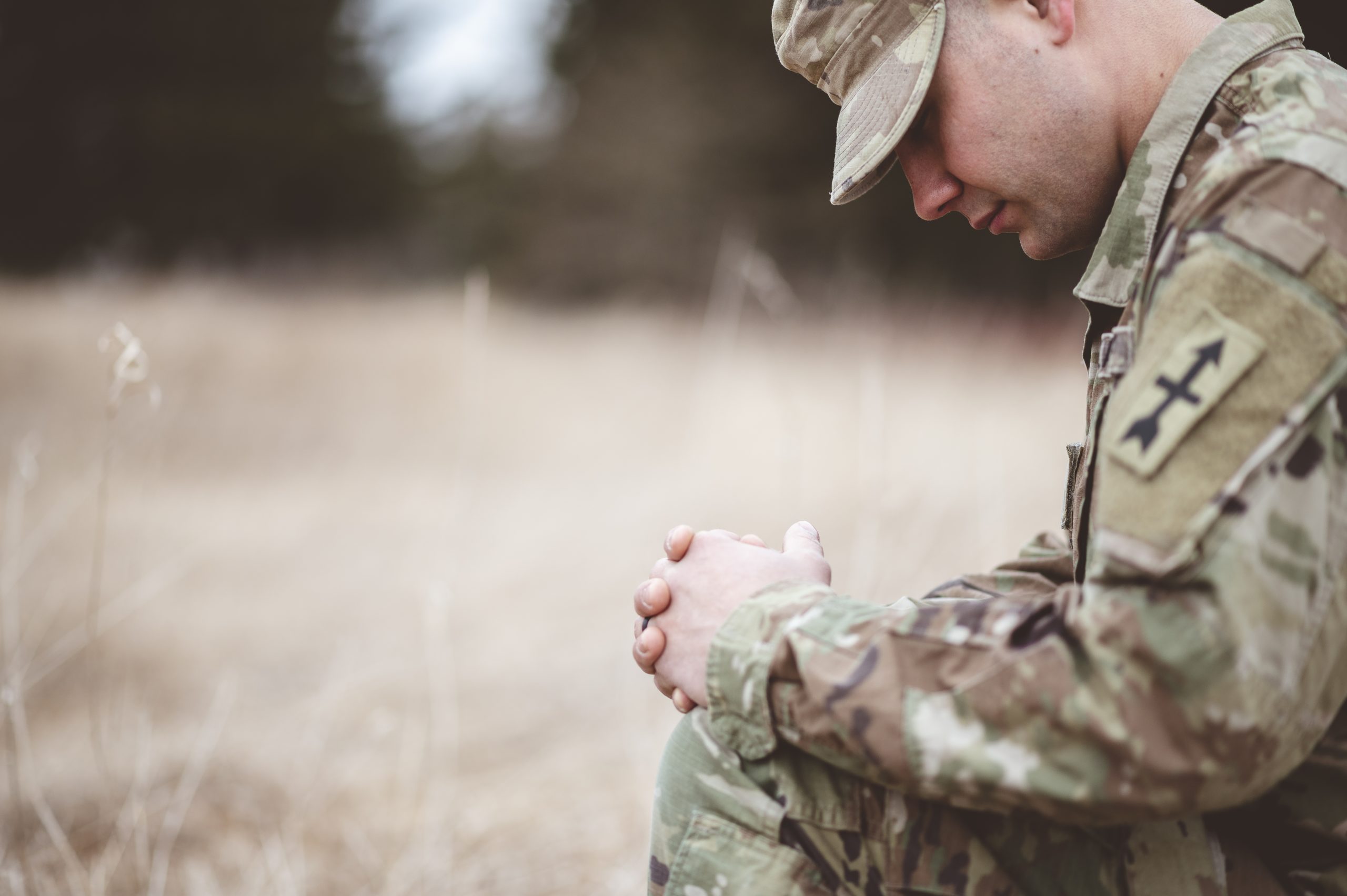Have you ever experienced real forgiveness? Or the relief and freedom that comes with forgiving someone else? Forgiveness is that powerful. Accepting God’s forgiveness and then, in turn, learning to forgive is a major step to healing from trauma and suffering.
When we accept God’s forgiveness for our shortcomings, we can in turn learn to forgive others. This is a major step forward towards healing from trauma and suffering. Today, we want to reflect on what forgiveness is, why we forgive, and how it ultimately leads to healing.
Check out the video below and see why a Vietnam Veteran was in desperate need of forgiveness:
What Does Forgiveness Actually Look Like?
Have you ever wrestled with forgiveness, and wondered if it’s really possible? Are there things you’ve experienced that seem impossible to forgive? The idea of forgiveness can seem daunting, and it is just as important to know what forgiveness is not as much as what it is:
Forgiveness is NOT:
- Acting like the offense never happened or saying it did not hurt
- Letting offenders get away without facing any consequences for their actions
- The same as reconciliation (the restoration of friendly relations)
- Dependent on the offenders apologizing first
- Done instantly
- Trusting the offender again right away and allowing them to hurt us again
Forgiveness IS:
- Letting the offender face the consequences of their actions
- Separate from trusting the offender again
- A precondition for reconciliation
- A process
- Being honest about the pain
- Releasing the offender to God without waiting for them to apologize
Chances are you are familiar with the expression, “forgive and forget”. That is easier said than done, right? When we experience trauma and suffering at the hands of another, the pain runs deep and it is not quickly forgotten. Trust is broken, with a chance it may never be restored. Justice may have to be served. And again, it is a process.
Let’s look at what biblical forgiveness means, and how Jesus forgave wrongs done to Him.
Biblical Forgiveness
You may have heard the quote, “Not forgiving is like drinking rat poison and then waiting for the rat to die.” (Anne Lamott) Biblical forgiveness frees us from anger and bitterness. When we hold onto our anger and don’t forgive, it’s like poison—slowly eating us away.
It’s not wrong to feel angry and bitter when we are in pain from being wronged. We sin when we let anger and bitterness take root in our hearts and minds, and that hatred can affect others.
“Strive for peace with everyone, and for the holiness without which no one will see the Lord. See to it that no one fails to obtain the grace of God; that no “root of bitterness” springs up and causes trouble, and by it many become defiled…” Hebrews 12:14-15 (ESV)
Check out the video below to see why it so important to forgive:
What does forgiveness mean to you and what has helped you to forgive others in the past? What makes it difficult to forgive? Do you know of anyone who you need to forgive right now?
Try this exercise to help you understand how to experience the act of forgiveness:
Close your hands tightly and imagine holding all the hurt from people who have wronged you in your hands. Then, open your hands as a sign that you are releasing their hold on you. God can give you the strength to forgive.
I'm the problem, it's me
So what if the problem is us? Have you felt (or tried avoiding feeling) guilt, shame or regret? It takes courage to acknowledge when we’re wrong, and even more courage to repent.
By allowing the Spirit of God to show us how much our offenses hurt others, we understand through the sorrow it provides why we need to ask for forgiveness
Scriptures on forgiveness give clear instructions on how we are to repent:
- By Taking Responsibility: “Whoever conceals his transgressions will not prosper, but he who confesses and forsakes them will obtain mercy.” Prov. 28:13 (ESV)
- By Seeking His Forgiveness to Gain Cleanliness: “If we confess our sins, he is faithful and just to forgive us our sins and to cleanse us from all unrighteousness.” 1 John 1:9 (ESV)
- By Asking Forgiveness of Others, Without Conditions: “Therefore, confess your sins to one another and pray for one another, that you may be healed. The prayer of a righteous person has great power as it is working.” James 5:16 (ESV)
- By Showing Repentance Through Our Actions: “…they should repent and turn to God, performing deeds in keeping with their repentance.” Acts 26:20b (ESV)
When we ask God to forgive us of our sins, they are forgiven.
If you still feel burdened after repenting, pray that God will help you see if there is anything left to repent. Remember that when He forgives us, our sins have been removed from us as far as the East is from the West.
If you still need trusted people to help you through the process, consider talking to a Chaplain, counselor, or a close friend to help you through the struggle.
Forgive Because He Forgave
Hopefully it has been instilled in your heart and mind that we should forgive and seek forgiveness from others just as God forgives us. The two concepts are so closely linked that one does not work without the other:
“For if you forgive others their trespasses, your heavenly Father will also forgive you, but if you do not forgive others their trespasses, neither will your Father forgive your trespasses.” Matt. 6:14-15 (ESV)
Forgive as God forgave, and when you have been forgiven, take heart that you have been freed of the burden that your sin has caused you. Remember, it was our sin that put Jesus Christ on the cross, and yet, He forgave us of all our offenses because He truly loves us.
To read more on the module on Forgiveness, read the Never Alone series, module five.









